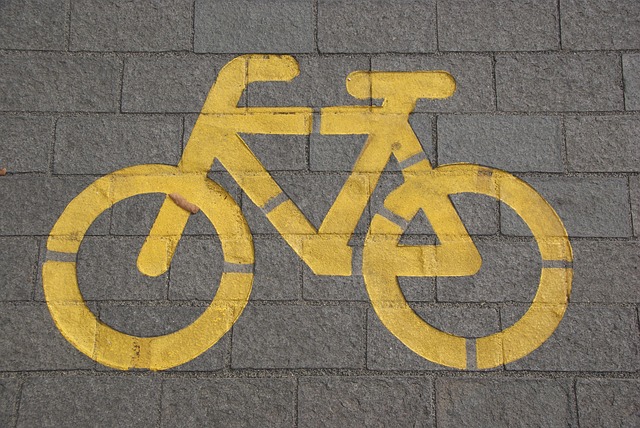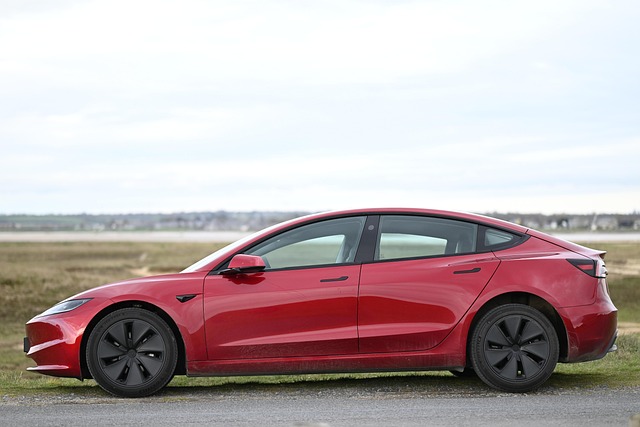Revolutionizing Rural Transportation Through Bicycle Traffic Measures
Rural areas have long faced unique transportation challenges. Sparse populations, limited public transit options, and vast distances often mean residents depend heavily on personal vehicles. However, a transformative shift is underway, championing bicycle traffic measures as pivotal tools in enhancing transport sustainability and fostering rural development.
Embracing Transport Sustainability in Rural Settings
Sustainability isn’t just an urban priority. In fact, integrating sustainable transport solutions in rural communities can yield profound benefits. Bicycles present an ideal mode of transport here: they are eco-friendly, affordable, and can dramatically reduce dependence on fossil fuels.
Implementing comprehensive bicycle traffic measures—such as dedicated bike lanes, safe crossings, and secure parking facilities—in rural locales contributes to a greener environment by lowering emissions and promoting healthier lifestyles. Emphasizing these measures reflects a forward-thinking commitment to sustainability that blends well with the natural surroundings and pace of rural life.
Driving Rural Development With Bicycle-Friendly Infrastructure
Strategic bicycle traffic measures not only serve environmental goals but also catalyze economic and social growth in rural regions. Developing bike paths that connect villages, farms, markets, and schools encourages mobility among residents, enhancing access to essential services and opportunities.
With better bicycle infrastructure, rural tourism can also flourish. Visitors seeking authentic, scenic rides through countryside trails contribute to the local economy, supporting small businesses and hospitality sectors. Additionally, safer cycling conditions reduce accidents and foster a more livable atmosphere, enticing younger generations to remain or return to rural communities.
The Human Impact of Sustainable Cycling Initiatives
At its core, adopting bicycle traffic measures reinvigorates rural life. It nurtures community connection as people navigate their daily routines on two wheels rather than in isolated vehicles. Families can engage in recreational rides, neighbors can run errands more easily, and children can bike to school with confidence.
Transport sustainability through cycling offers a compelling narrative of progress—one where rural residents lead the way in building healthier, more resilient environments without sacrificing their cherished open spaces and traditions.




